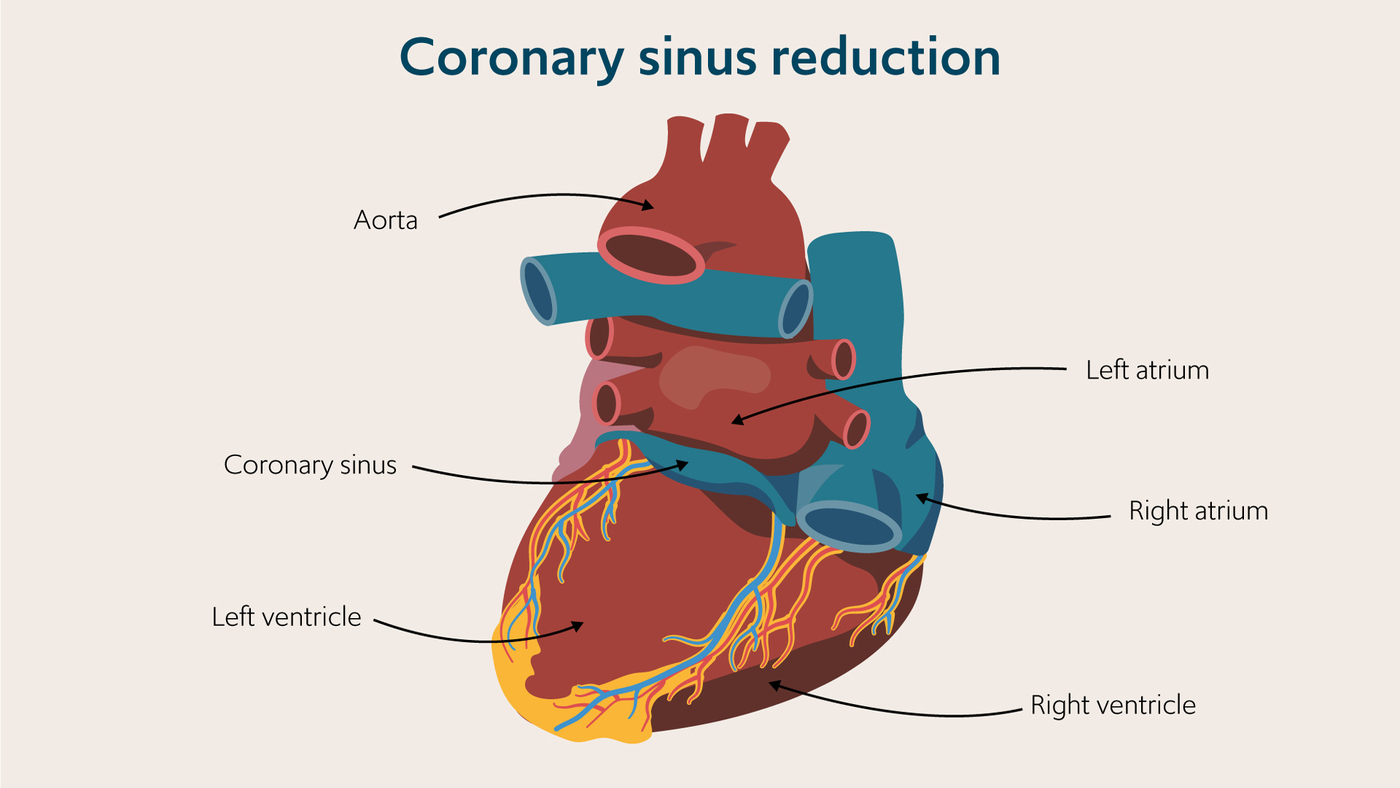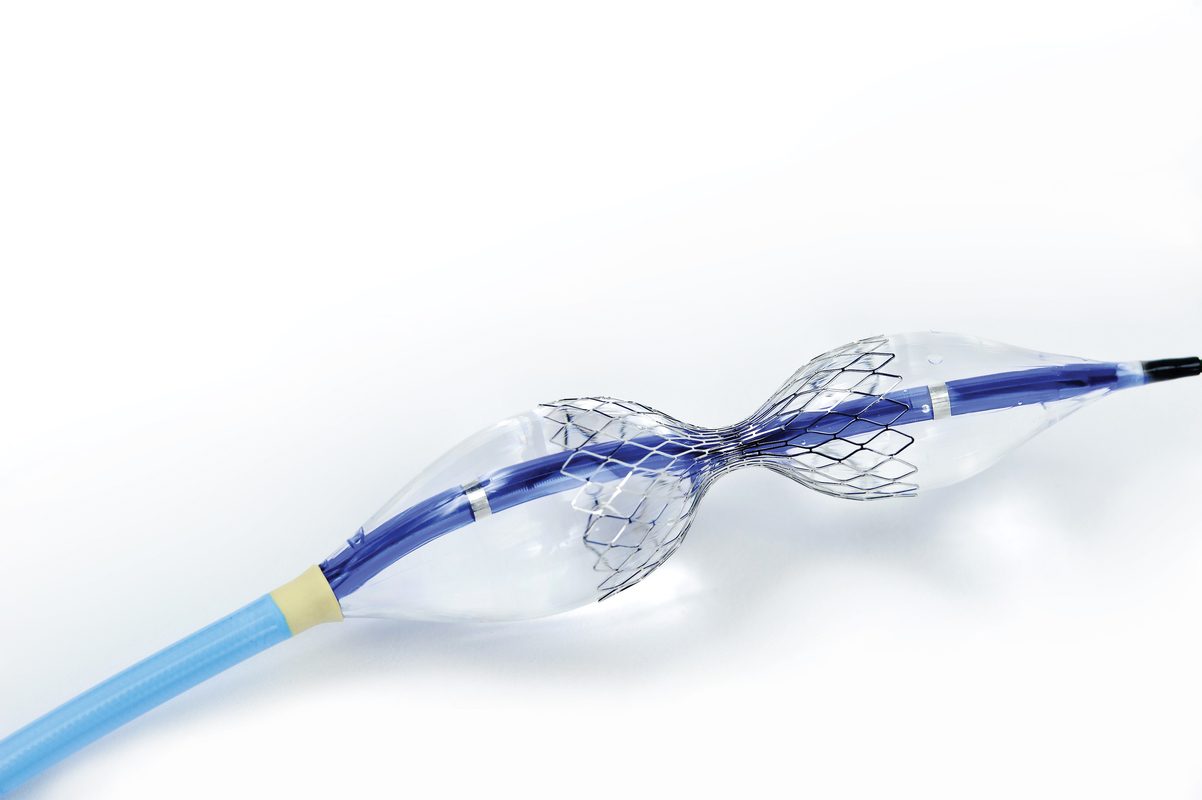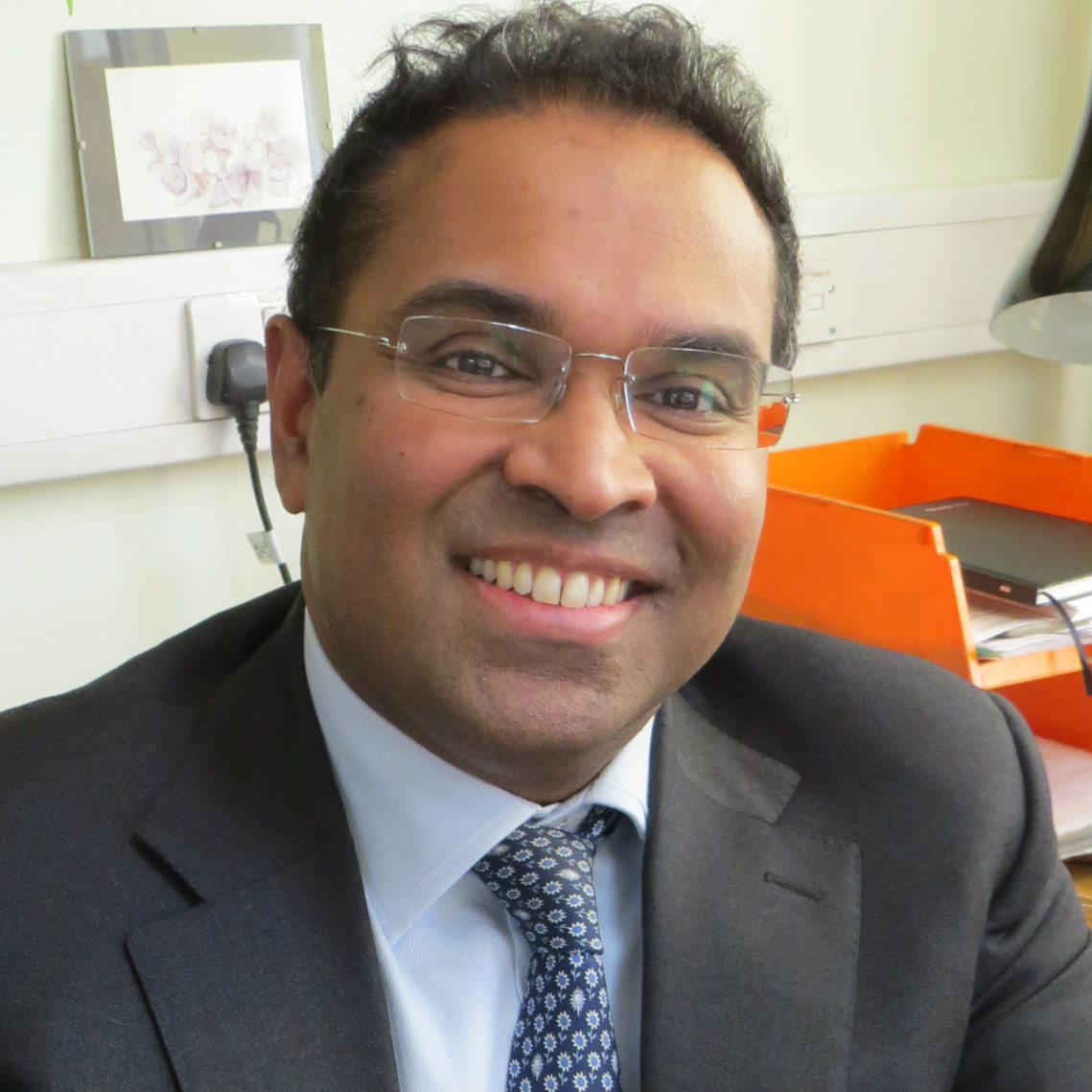Sometimes, chest pain caused by angina may be difficult to treat. Thankfully, our world-leading cardiologists have alternative treatment options available when others haven’t worked.
What is angina?
Angina is the name given to pain or discomfort felt in the chest when there is an inadequate amount of blood reaching the heart muscle. This is most often caused by coronary artery disease, where the arteries supplying the heart muscle become narrowed or blocked due to a build-up of fatty deposits.
There have been great advances in the treatment of angina, such as the minimally invasive insertion of stents – which are small tube-like structures that help hold open coronary arteries to increase blood flow to the heart muscle.
However, sometimes, even despite the best available conventional therapies, patients can still feel symptoms of angina. When this happens, they have what is called ‘refractory angina’.
Refractory angina may occur when, for example, the narrowed or blocked coronary arteries are too small to treat with conventional stent procedures. This can be particularly true for those with diabetes, where the condition can impair small blood vessels of the heart.
Unfortunately, refractory angina can result in repeat hospitalisation and importantly, leave patients with significantly reduced wellbeing, anxiety and depression.
How is refractory angina diagnosed?
Diagnosing refractory angina can be challenging and requires careful clinical assessment combined with specialist investigation. Due to this, the exact number of patients is unknown. However, estimates suggest there are 30,000 to 50,000 new cases of the condition each year in Europe alone.
Patients are diagnosed with the condition when they have experienced chronic angina-type chest pain for 3 months or more despite having optimal treatment, which can include medication, the insertion of stents and/or coronary artery bypass surgery.
Thankfully, alternative treatments are available
Our hospitals are one of only three specialist centres in the UK that can accurately diagnose and treat refractory angina. The treatments we offer include coronary sinus reduction.
A stent shaped like an hourglass, called a Neovasc Reducer™, is used to create a narrowing in the main vein collecting blood back from the heart muscle, called the ‘coronary sinus’. This works to increase blood pressure, helping to re-distribute oxygenated blood towards the areas of the heart muscle that have inadequate blood supply.
“It is a quick, safe and minimally invasive procedure that usually takes less than 60 minutes to complete, with patients often discharged the same day,” explains our consultant interventional cardiologist, Dr Ranil de Silva. “We are very pleased to report that in our very complex cases, we have seen that angina and quality of life improves in around 80% of patients after this treatment.”

Coronary sinus reduction works to increase blood pressure, redistributing oxygenated blood towards the areas of the heart muscle that have inadequate blood supply

The Neovasc Reducer that is roughly the size of a 10p coin. The Neovasc Reducer System is a trademark of Neovasc Inc. All rights reserved
Holistic multidisciplinary approach to treatment
Scientific studies have shown that patients with refractory angina can be helped with techniques used for the management of chronic pain, including cognitive behavioural therapy and advanced pain management methods.
Home based cognitive behavioural therapy programmes have have been developed for patients with coronary heart disease which helps patients understand and self-manage their symptoms. This leads them to feel more positive about their own health and achieve the goals that are important for them.
It has been shown to:
- improve mental wellbeing, including anxiety and depression
- reduce symptoms of angina to three episodes or fewer per week
- reduce glycerol trinitrate use (a treatment for angina)
- improve a patient’s ability to perform daily activities, including daily walking.
The programme is delivered by our nurse specialists and can be supported by clinical psychologists as part of an ongoing interaction with each patient to help improve their quality of life. We also have online consultations available to prevent patients from travelling long distances.
Get in touch
To find out more about how we treat refractory angina, or to book an appointment, please contact our customer service team.
Related content
-
Angina
Angina is chest pain that typically comes on during exertion or at times of stress.
-
Cardiology
Our specialists are continuously innovating in minimally invasive cardiology procedures and improving care delivery.
-
Coronary sinus reducer
Coronary sinus reducer implantation treats uncontrolled or refractory angina.

